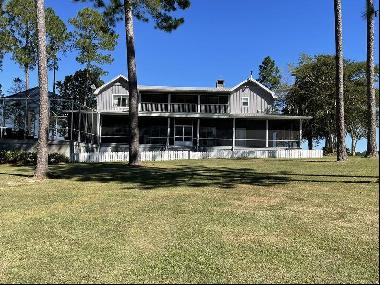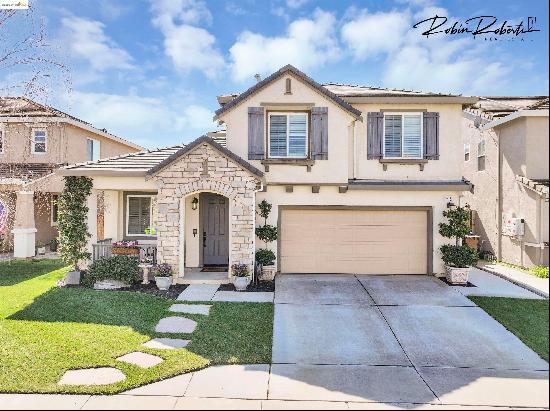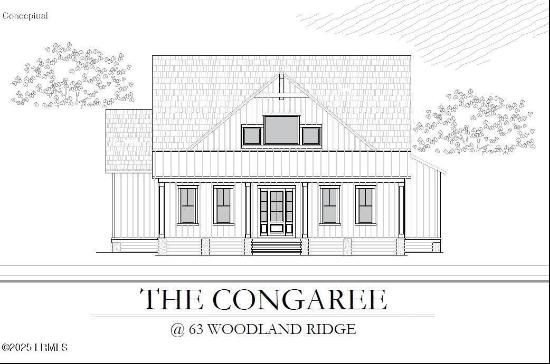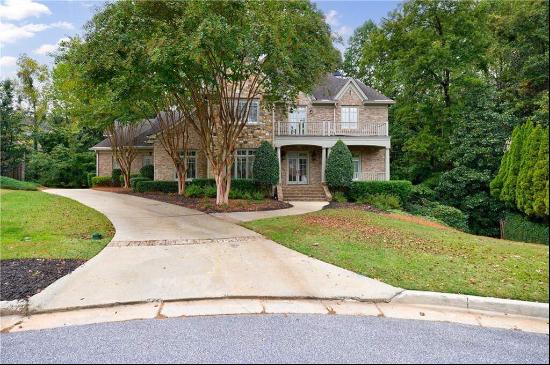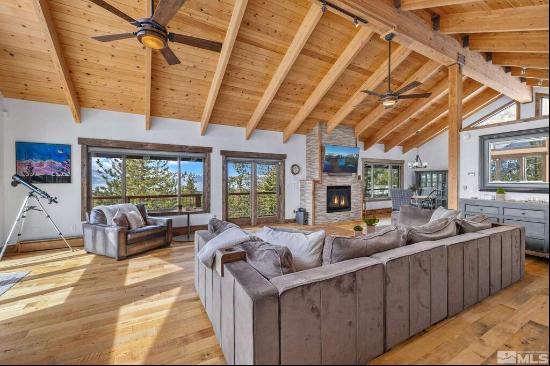
By Sophie Mackintosh
All my adult life, I have been waiting for that moment when I would feel grown-up and would live somewhere with the surroundings to match. It’s an idea I’ve come to associate with the various apartments in the 1989 film When Harry Met Sally: the quirky cosy den that Sally lives in, Marie and Jess's aspirational love nest and particularly Harry’s enormous Greenwich Village loft with huge arched windows. The homes all seem to embody a very specific kind of adulthood, one that no longer really exists these days — if it ever did. It’s a fantasy of easiness; of wealth, stability and, ultimately, happiness.
I know that we’re supposed to pity Harry (played by Billy Crystal) for his apartment. We’re supposed to see it as beautiful, yes, but also cavernous and cold. It’s a divorcee’s apartment, a bachelor pad of the highest order, so empty that we see him sat, downcast, on the floor. What use is an absolutely incredible apartment, it seems to ask, when your partner has run off and taken the furniture with them, when the only consolation is that you can live in a place with huge windows? (I am obsessed with the windows.)

I find it hard to buy into the pity we’re supposed to feel for Harry’s loneliness. Part of this is historic resentment. I used to believe that if my surroundings were fixed, the rest of my life would follow — it seemed unfeasible that you could be unhappy in a place such as Harry’s. I thought that if I could somehow transcend renting a mouldy, mouse-ridden London flat in Zone 3, I too would achieve the comfort and the easy manner of the characters in the film. Perhaps all I needed for my life to magically fall into place was a loft apartment. I have learned since that this is not quite how it works; that you really can be unhappy amid beauty. You can leave the mould behind and accumulate tasteful tableware but you will still feel the urge to sit on the floor and think about the mistakes you have made; the unexpected shape of your life.
Watching the film now makes me want to reject this narrative even more. This could be because I love being alone. And as Sally, played by Meg Ryan, says, “I like things the way I like them.” I want to peer out of those windows in Harry’s apartment, to feel the echo of my feet on the floorboards, the delicious embrace of all that empty room. I want to walk into my own divorcee’s apartment and not be told that all the beauty surrounding me is essentially meaningless, a signifier for some kind of internal hollowness; I want to know that the space and the silence is valuable — and my own.
Eventually, Harry moves from the floor to a chair, puts on a great autumnal sweater and reads. Sally helps him arrange a rug to make the incredible floors feel more homely. But I like the austerity of the apartment as we first see it: all that room, all that emptiness, all the possibility for life and moving forward; it evokes those first moments in a space where the rest of your days will begin, clean as a new piece of paper.
Sophie Mackintosh is the author of ‘The Water Cure’ and ‘Blue Ticket’. Her third novel, ‘Cursed Bread’, will be published in March 2023
Photography: Columbia Pictures; AJ Pics/Alamy Stock Photo


